The National Confederation for Women's Entrepreneurship (CONAF) on Thursday released a programme for economic, social and health inclusion of refugee women from Ukraine in Romania - "Empowering Hope - The Reveal", a pilot project, a visionary initiative that redefines solidarity between the two nations.
"We started from the simple idea that the more than 180,000 refugees in Romania, 80% of whom are part of the sensitive categories, women and children, need more than one hope, they need social protection, they need integration. But behind these concepts there are several barriers. One of the most important is the language barrier. Many of these people speak neither Romanian nor even English. Consequently, they cannot adapt to the labour market. Moreover, they cannot benefit from the health system, they do not have knowledge, they do not know how to find the right doctors or the educational system for their children. Consequently, we focused on the two main pillars: healthcare and education," CONAF Chair Cristina Chiriac told AGERPRES.
According to her, CONAF has several partners within the project, among which the institutional ones are: the Romanian Cultural Institute, UNICEF Romania, and the Municipal Agency for Employment. At the same time, MSD Romania & Moldova, Code for Romania and the ASSA Foundation are involved in the project, as well as numerous volunteers.
"In the area of education we have included the labour market, about how to build a CV, how to have Romanian language skills and then the final step follows, digital skills, entrepreneurial skills, so that, if you do not want to enter the labour market in Romania, you can develop a small private entrepreneurial initiative here, in the country."
About the development of the project, the CONAF chair mentioned that the first step is to create communities and identify working groups, "because for 180,000 people, the needs are different: there is a certain percentage that has language skills, but does not have digital skills." "Consequently, we will create working groups after the six conferences in different counties in Romania and after the construction of the database. There will be working groups focused eminently on the needs of that working group. Within that group we have ambassadors of the programme, experts in certain fields who will help find solutions and solve problems."
According to Chiriac, the inclusion programme for refugee women from Ukraine does not provide financial support, "given that we are a non-profit organisation." "The financial support was provided by the state. What can we do? We do it only on a voluntary basis. We would have liked there to be financial support, but unfortunately, we do not have the necessary resources."
She added that there are many challenges in the implementation of the project. "There are extremely many challenges, starting with the identification of all the people. We are talking about over 180,000 people, of which 80% are women and children, about 45% are mothers and the rest are dependent children. Only 20% belong to the male category. Then, after the creation of the community, there is the analysis of the people who have a real need for this guidance, which we offer on a voluntary basis. Next comes the period of assimilation of knowledge. You can't create very large groups, because then you don't have results or they are poor. Only after that comes the final stage, that of insertion on the labour market and knowledge of their rights. Basically, we want to be a support community for Ukrainian refugees in Romania," said Chiriac.
As of May 31, 2025, 186,070 refugees from Ukraine were officially registered in Romania, according to the organisers.
The "Empowering Hope" project, which started on November 29, 2024, in Chernivtsi, creates a sustainable model of inclusion and prevention through: economic opportunities - Romanian language courses, digital training and mentoring; prevention and health - sessions dedicated to healthcare education and access to vaccination; continuing education - workshops and conferences to bring expertise closer to local communities; psychological support - mindfulness and stress management workshops. The project will be implemented in six counties of Bucharest, Tulcea, Constanta, Iasi, Suceava and Brasov, providing refugee women with access to essential resources for a better life.
The conference was also attended and declared their voluntary support for "Empowering Hope - The Reveal": Liviu Jicman, chairman of the Romanian Cultural Institute; Marcelo Pascual Morales, general director of MSD Romania & Moldova; Gabrielle Akimova, deputy representative of UNICEF Romania; Bogdan Ivanel, CEO Code for Romania; Felicia Dragan, deputy director of Bucharest District 5 AMOFM Employment Agency; Alina Gurau, ASSA Foundation; Dana Vasilescu and Corina Neagu, Empowering Hope Ambassador, Inna Plachynda, representative of the refugee community.

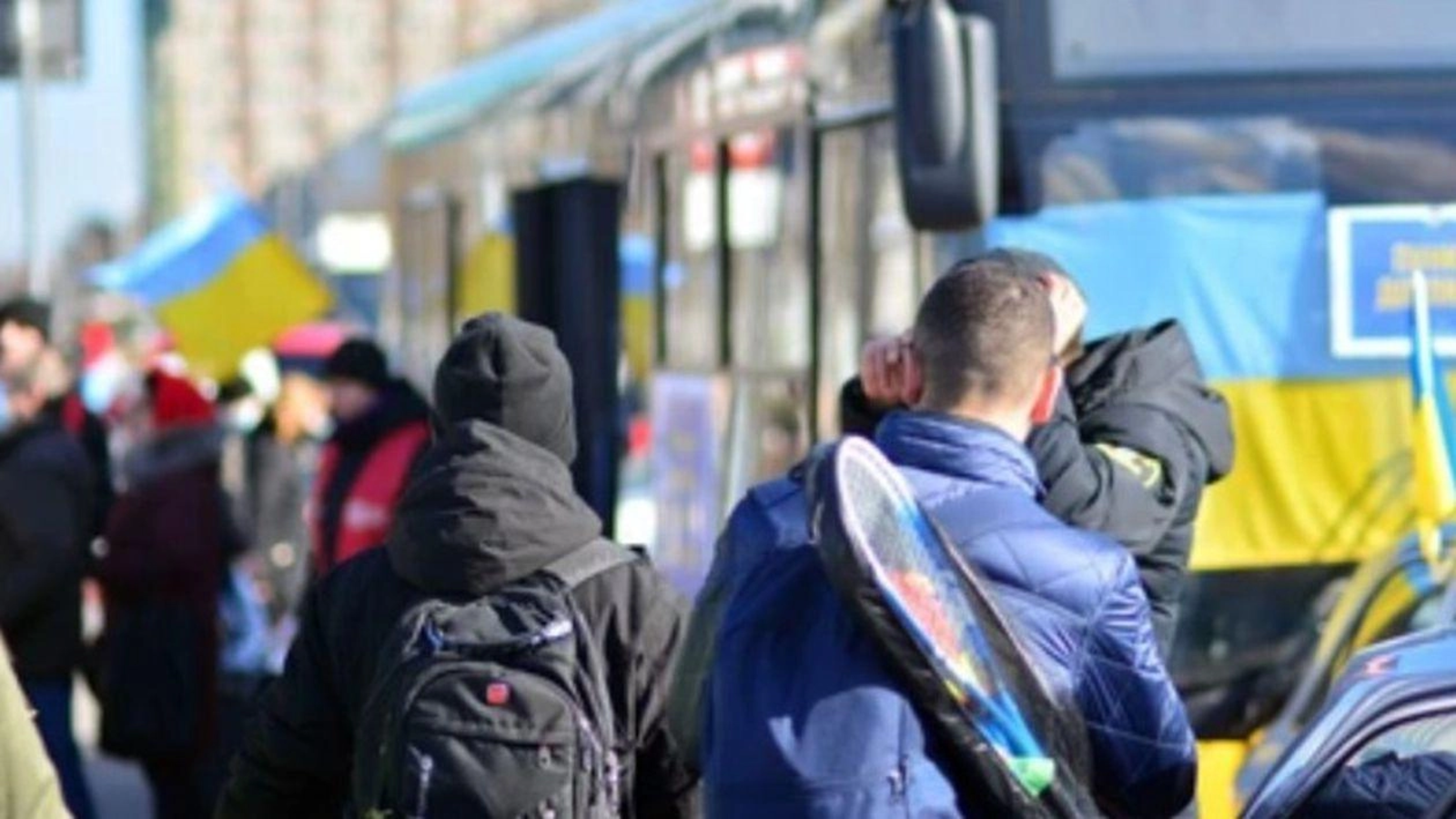

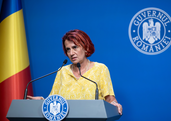
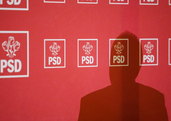

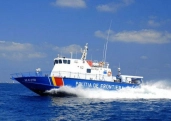

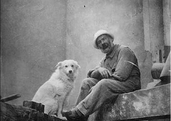

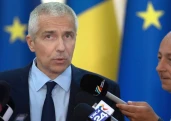

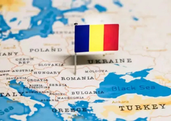
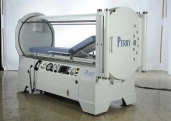

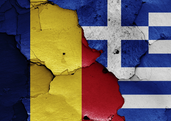

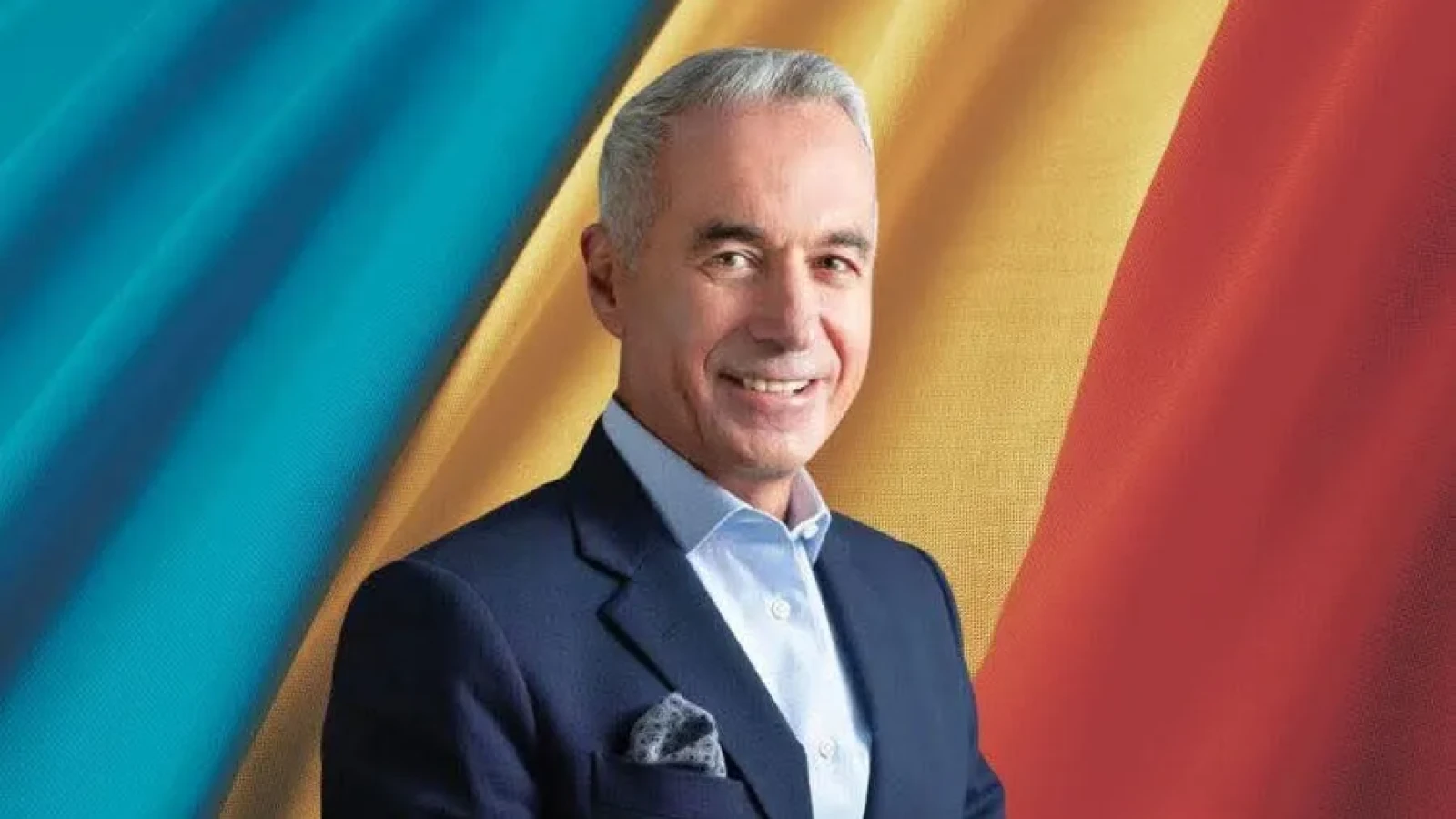


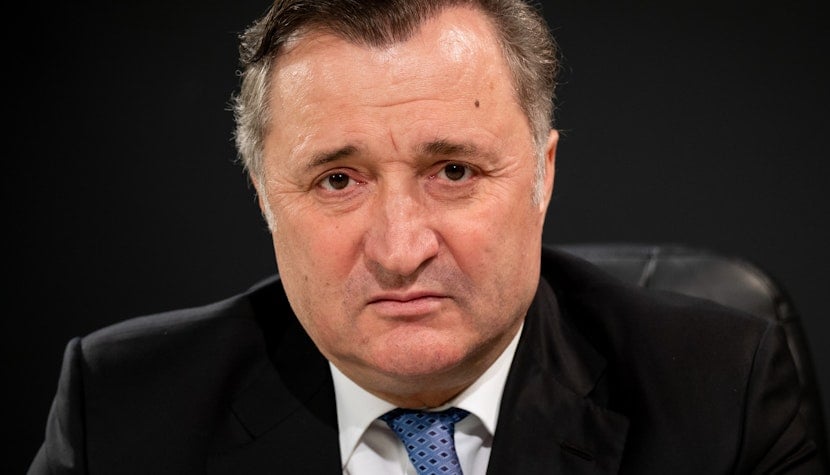
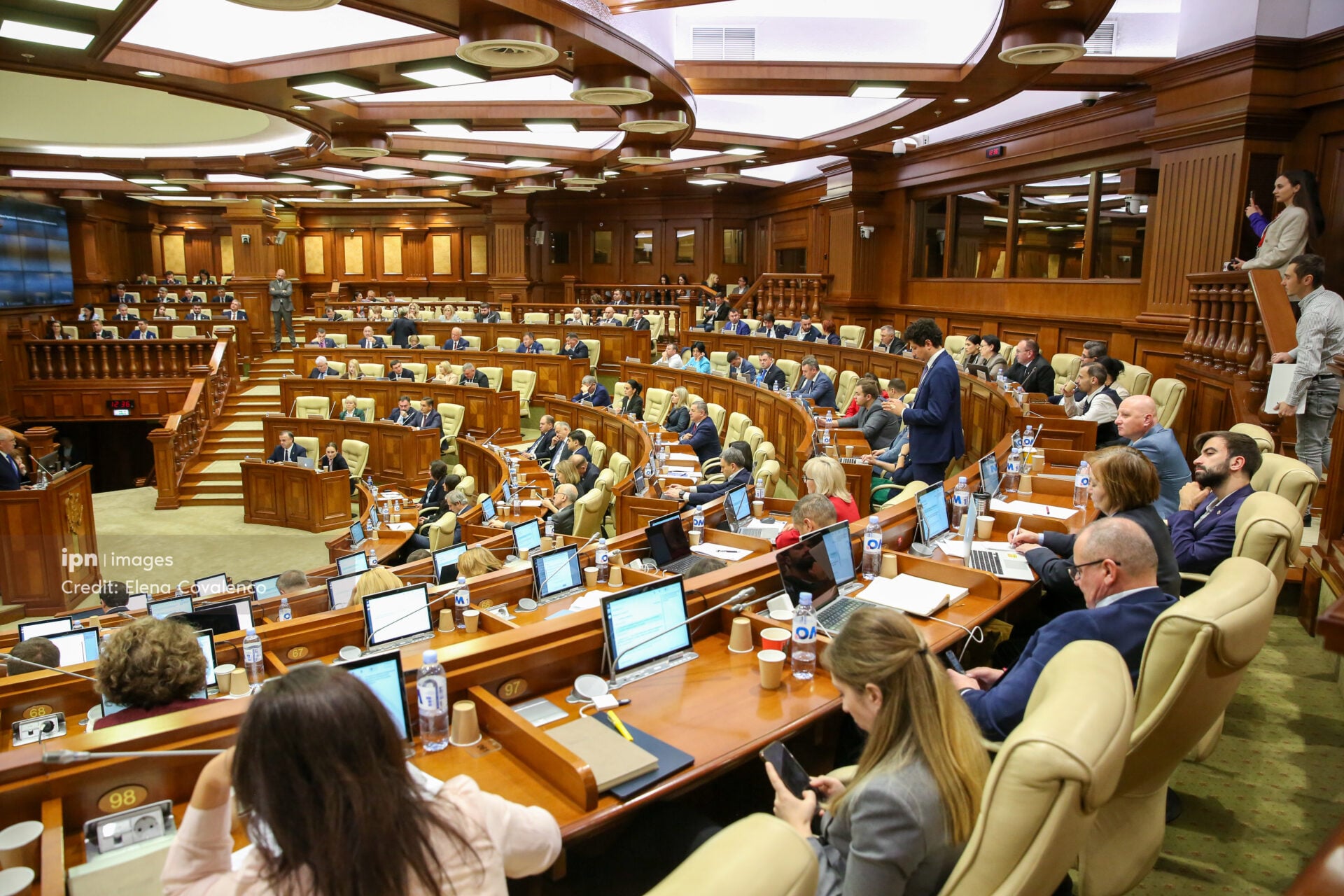

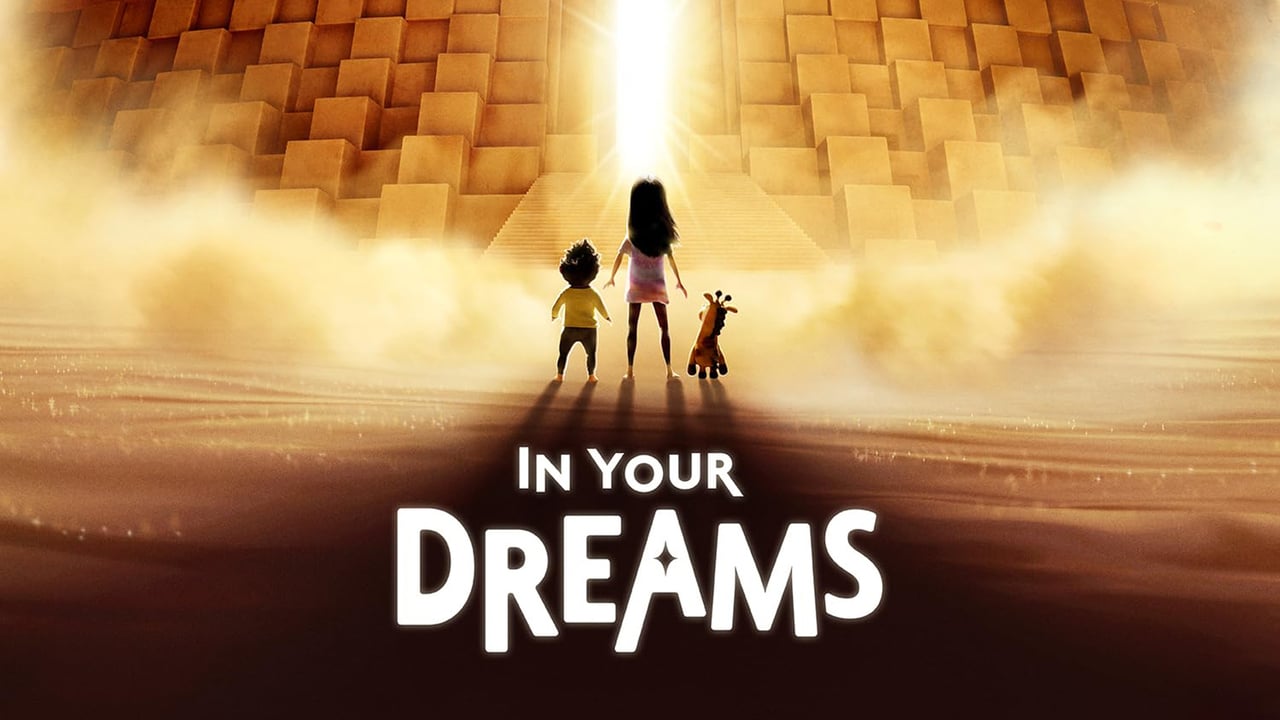








Comentează